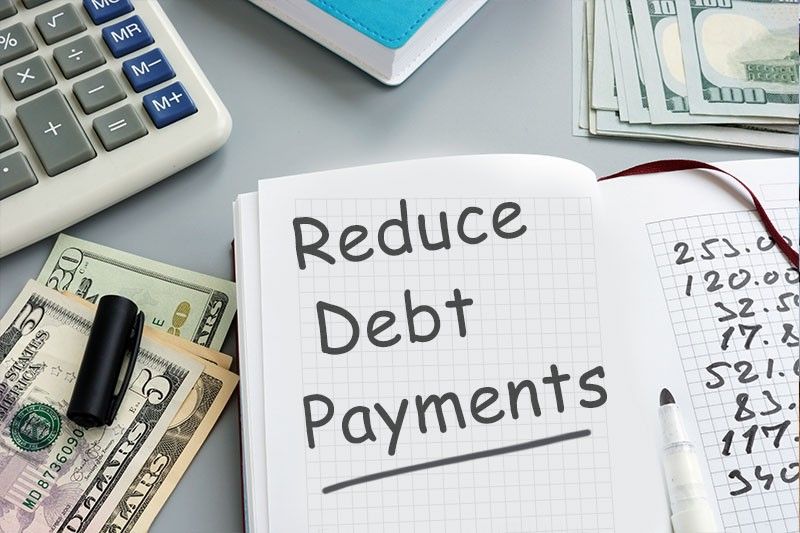When the amount you can save is limited the advice you generally hear is to concentrate on clearing your debts as quickly as possible. Making sure you don’t owe any money is the best way to stay out of trouble and avoid those dreaded interest rates spiraling out of control.
Of course, with the average salary not really increasing and the cost of living also going up, paying off your debts is far easier said than done.
So how exactly do you do it?
1) Consolidate Your Payments
Consolidation is where you get a loan to pay off all of your existing debts and allows you to focus on just one payment per month to make. You need to be savvy here and find a loan that has a lower interest rate than the average you are paying on your other debts. You also need to be paying enough each month to ensure that the interest doesn’t make the debt even bigger overall than what is was originally.
2) Transfer the Debt on Your Credit Cards
Credit card debts are very costly and even on the cards with the best rates, you would still expect to pay around 17% APR. If you have a large balance on a credit card, or maybe even more than one, then getting another credit card can actually help! Try to find one that offers lengthy periods of 0% interest on balance transfers. This allows you to concentrate on paying off the debt you owe without large amounts of interest building up.
3) Get Some Financial Advice
If you are struggling and not sure where to turn then it may be worth seeking some professional money advice. By searching for information on the internet of visiting an independent money advice service you will be able to get impartial information about which debts to tackle first and how much you should be budgeting to help clear what you owe before the situation gets out of hand.
4) Try and Negotiate with Your Lenders
Again, if you are finding it difficult to keep up with your payments then try having a conversation with those who have given you credit. Many lenders are more understanding than you may think and may be able to extend your agreement to lower your repayments towards your loan. This can ease some of the burden and make it easier to get on top of your debts.
5) Declare Yourself Bankrupt
Of course, this should only be done in very extreme cases and as the absolute last resort when you really decide that there is no way you are going to be able to pay off the money you owe. Declaring yourself bankrupt will mean that you will get help paying your debts, though the obvious downside is that it will be almost impossible to get credit or loans in the future.
Pamela Kindel is a financial expert and enjoys offering money advice and insights into borrowing and investing on websites and blogs.

